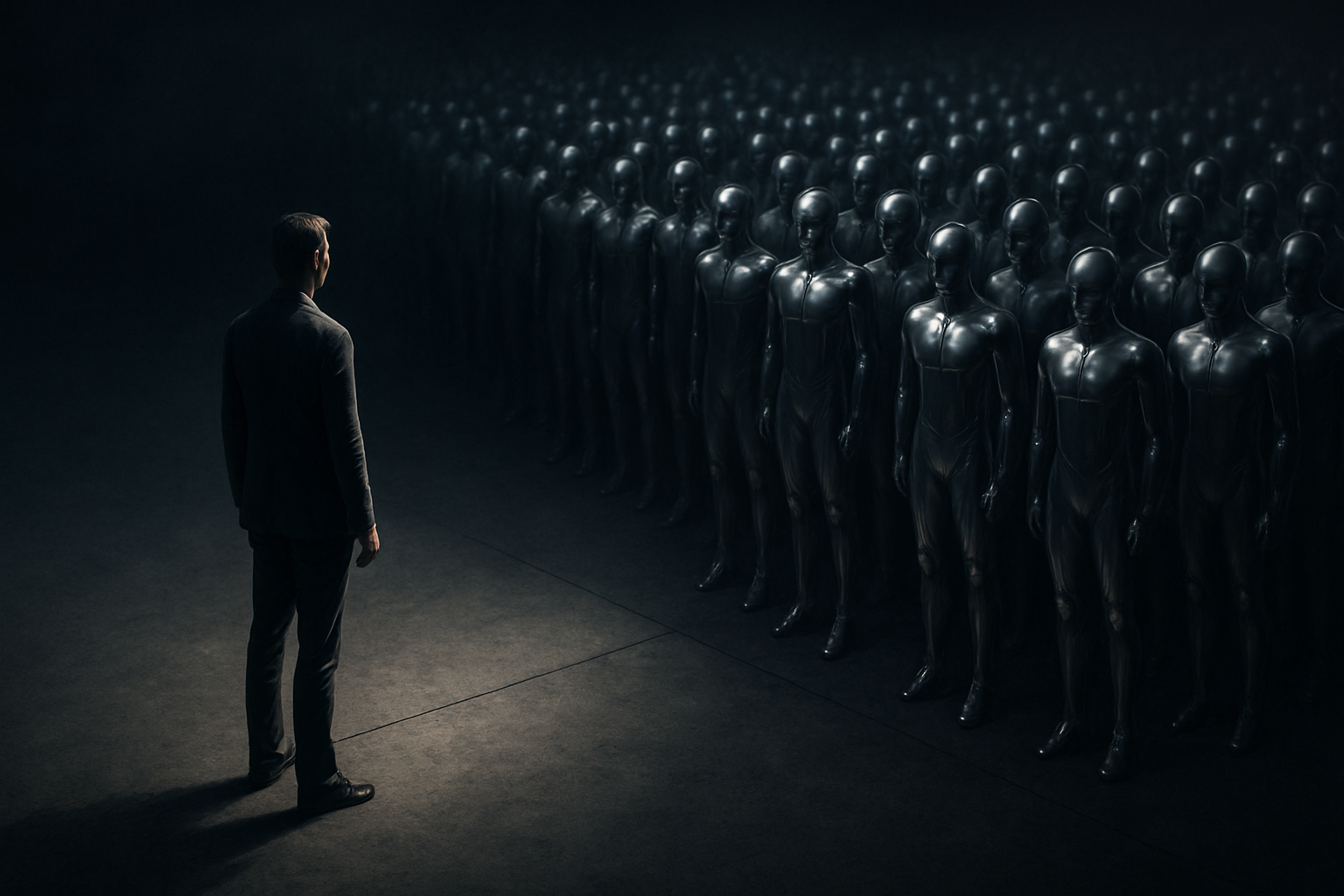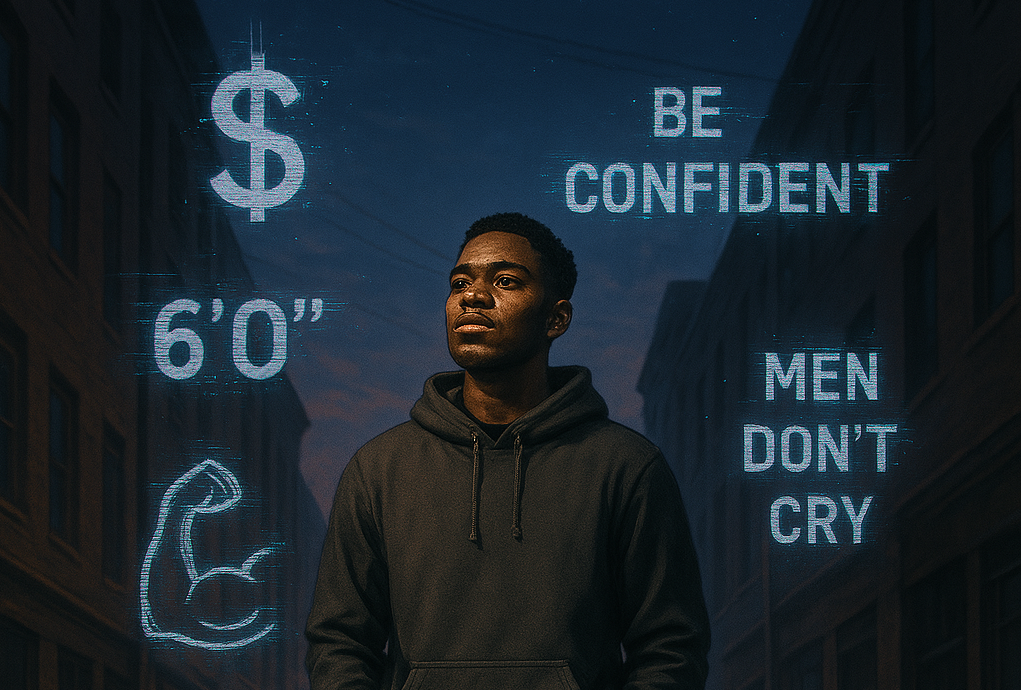Agency

Okuhle Madondo
January 13, 2025

Imagine a world where every individual feels empowered to shape their destiny—a world where people believe their actions matter, where they can influence outcomes, and where they take responsibility for their lives. This isn’t just a utopian dream; it’s the foundation of thriving civilizations throughout history. The sense of agency, the belief that one can control their own actions and impact the world, is the cultural and memetic backbone of any society that aspires to greatness.
At its core, a sense of agency is the feeling that you are in control of your actions and their consequences. It’s the difference between seeing life as something that happens to you versus something you actively shape. Psychologists describe it as the subjective awareness that you are initiating, executing, and controlling your own volitional actions in the world. This belief is not just a personal trait; it’s a cultural force that drives innovation, progress, and resilience.
When individuals possess a strong sense of agency, they are more likely to take initiative, innovate, and solve problems. They don’t wait for permission or external validation—they act. This proactive mindset is the engine of progress. Consider the Renaissance, a period marked by an explosion of creativity and discovery. It wasn’t just the result of a few brilliant minds; it was a cultural shift that celebrated human potential and individual agency. Artists like Leonardo da Vinci, scientists like Galileo, and explorers like Columbus didn’t wait for the world to change—they changed it.
Contrast this with societies where agency is stifled. In authoritarian regimes or cultures that emphasize conformity over individuality, innovation stagnates. People become passive, waiting for direction rather than seeking solutions. The Soviet Union, for example, despite its early technological advances, eventually faltered under the weight of centralized control and suppressed individual initiative. Without agency, even the most resource-rich societies can crumble.
Agency isn’t just a personal attribute; it’s a meme—a cultural idea that spreads and shapes societies. In thriving civilizations, the meme of agency is deeply embedded. It’s taught in schools, celebrated in stories, and reinforced through social norms. Think of the American Dream, the idea that anyone, regardless of background, can achieve success through hard work and determination. This narrative, while imperfectly realized, has fueled generations of entrepreneurs, inventors, and leaders.
But agency isn’t just about individual success; it’s about collective progress. When a society values agency, it creates a feedback loop: empowered individuals drive innovation, which in turn creates more opportunities for others to exercise their agency. This is the cultural backbone of any civilization that seeks to thrive in the long term.
Of course, there are valid concerns about overemphasizing individual agency. Critics argue that it can lead to selfishness, a lack of community spirit, or even social inequality—and they’re not entirely wrong. Unchecked individualism can erode social cohesion. However, the solution isn’t to suppress agency but to balance it with a sense of responsibility. Thriving civilizations don’t just celebrate individual achievement; they also foster a culture where individuals feel accountable to their communities. The key is to cultivate agency with empathy, where people are empowered to act but also understand the impact of their actions on others.
In today’s increasingly complex and interconnected world, the need for agency is more critical than ever. Global challenges like climate change, technological disruption, and political instability require innovative solutions that can only come from empowered individuals and communities. Societies that cultivate a strong sense of agency will be better equipped to adapt and thrive in the face of these challenges.
Moreover, in an era where centralized institutions often seem slow or ineffective, individual agency becomes a decentralizing force. It empowers people to take action at the local level, to experiment with new ideas, and to build resilient communities. This is the essence of a thriving civilization: not just top-down control, but bottom-up innovation.
The sense of agency is not a luxury; it’s a necessity. Civilizations that thrive are those that empower their people to act, to innovate, and to take responsibility for their futures. It’s the cultural and memetic backbone that supports progress, resilience, and adaptability. As we look to the future, the societies that will lead the way are those that embrace this truth: the power to shape the world begins with the belief that you can.
In the words of Margaret Mead, “Never doubt that a small group of thoughtful, committed citizens can change the world; indeed, it’s the only thing that ever has.” That’s the power of agency. It’s not just a personal belief—it’s the foundation of human progress.
Continue Reading
The Aesthetics of Agreement
10 June 2025
This explores how our ancient, evolutionary wiring for tribal survival constantly drives us to seek the safety of social agreement, even at the expense of objective truth.

